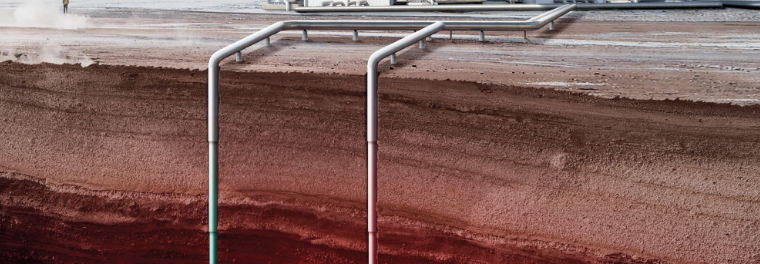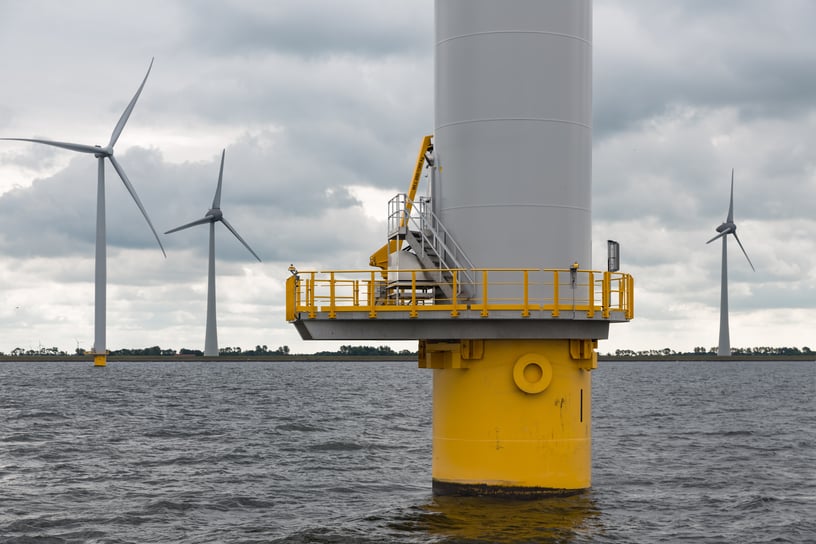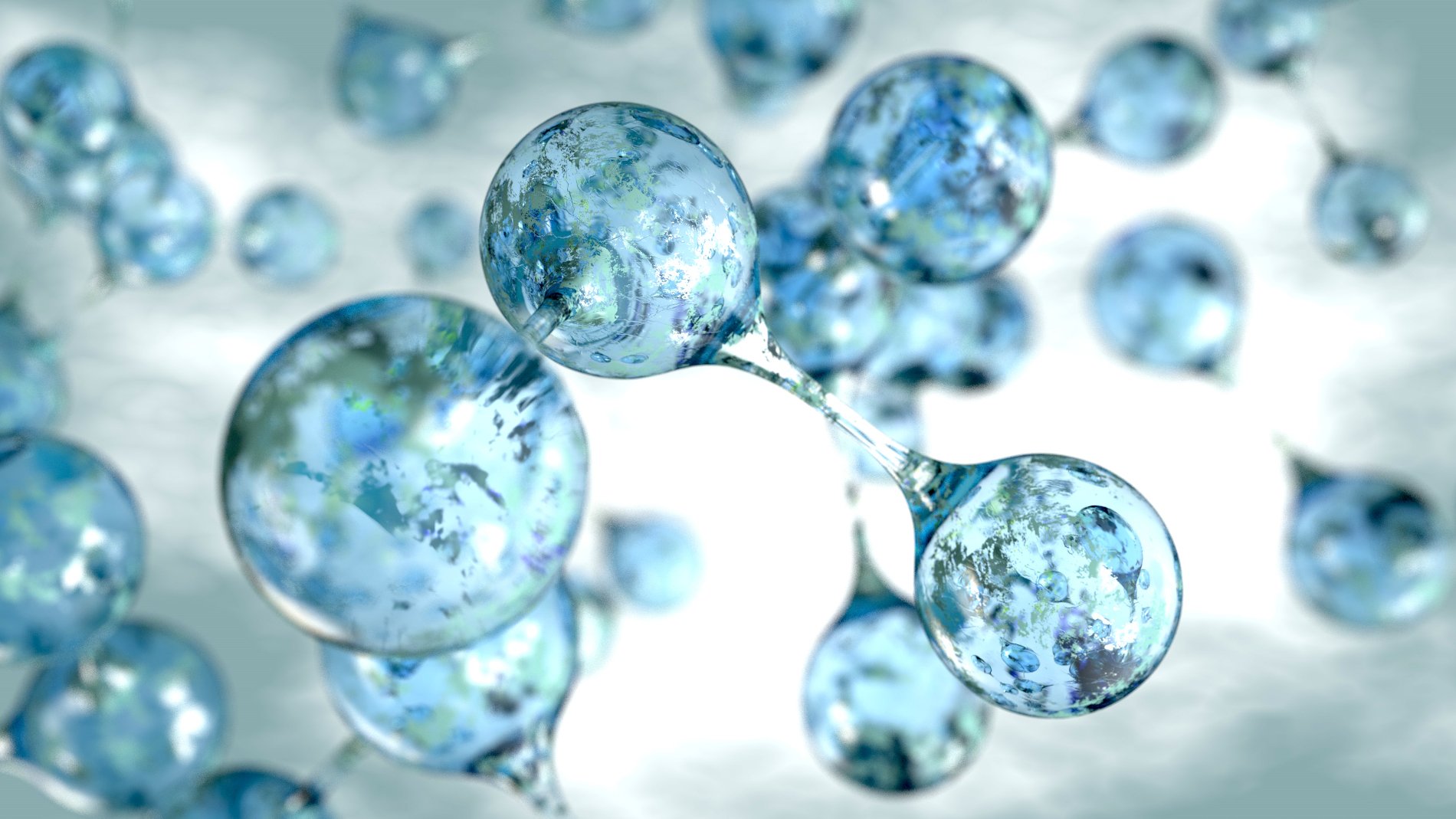Carbon capture, utilization and storage (CCUS)
Carbon Capture, Utilization and Storage (CCUS) is an essential part of the route to achieving net-zero emissions and is particularly necessary for reducing emissions in hard-to-mitigate sectors such as process industries.
Vallourec experts are developing the tubular solutions that will help safely capture, transport and store CO2 in underground reservoirs.
Developing solutions for the future of clean energy
By storing their carbon emissions underground, industries can limit the effects of CO2 emissions and comply with environmental regulations.
To successfully store CO2 underground, operators need a secure, leak-proof way to transport and inject it into underground wells. During this operation, pipes need to withstand a range of different pressure and temperature. Another concern is CO2 corrosion in presence of water, oxygen and other impurities in the CO2 stream, which could cause a significant corrosive environment for the tubular products.
Vallourec’s efficient connections and piping solutions
As new challenges in the energy arise, Vallourec experts are developing products and services to respond to our clients’ needs. We are innovating the durable, corrosion-resistant, seamless tubular solutions capable of transporting and storing CO2. Our monitoring solutions will allow real-time downhole measurements ensuring well integrity and compliance with strict regulations surrounding carbon capture, utilization and storage.
Webcast – Vallourec’s Role in Designing Safe CO2 Storage Projects
Apr. 2022 | Diana Rodriguez Barrera and Cécile Millet
To deploy safe and sustainable CCS infrastructures, it is essential to test the equipments’ performance at specific operating conditions and to make sure materials will perform as expected for the whole project’s lifetime. In this webcast, Diana Rodriguez and Cécile Millet present Vallourec’s initiatives aiming at reducing existing knowledge gaps, using our material selection best practices and cutting edge VAM® connection qualification for CCS applications.
News – VAM® connections prove worth for CO2 storage applications
Dec. 2021
With the energy transition gaining momentum daily, Vallourec continues to innovate to support our customers’ progress. Our most recent focus has been on validating our VAM® products for carbon capture and storage (CCS) applications. Today, the team leading this exciting project discusses how VAM® connections proved their sealability and maintained integrity in harsh conditions including 100% CO2 gas, absolute minimum temperatures of -80°C and thermal cycling at -35°C.
News – A successful start for Vallourec’s CCUS testing methodology, and a step forward for the energy transition
Industries are increasingly looking to carbon capture, utilization and storage (CCUS) – the process of capturing carbon and injecting it into underground storage reservoirs – as a key way to advance the energy transition. However, while CCUS has strong potential as a long-term solution for decarbonization, no testing methodology or standards currently exist for assessing CCUS equipment. To bridge this gap, a team of Vallourec experts has begun developing a specific testing methodology for CCUS equipment and qualifying premium VAM® connections for use in the injection stage.
Webcast – Carbon Capture, Utilization & Storage – Vallourec’s role in the safe deployment of CCUS infrastructures at scale
Apr. 2021 | Ali Meschi Amoli and Alvaro Rodriguez
In order to facilitate deployment of CCUS infrastructure, it is crucial to mitigate the risks and bridge the existing knowledge gaps. Ali Meschi Amoli and Alvaro Rodriguez show how Vallourec is supporting some of the leading energy companies in their efforts to develop large-scale CCUS projects.
News – CCUS: Supporting Net-Zero ambition
Dec. 2020 | by Leila Faramarzi and Ali Meschi Amoli
Carbon capture, utilization, and storage (CCUS) technologies are essential to deliver clean industrial growth and to achieve net-zero ambitions.
There is international consensus that CCUS will play a central role in new energy pathways – notably in the production of blue hydrogen. CCUS is also the only existing option for deep decarbonization of key sectors of the economy such as steel and cement manufacturing where carbon dioxide (CO2) is not only produced via heating processes but also is a by-product of a chemical conversion processes.



